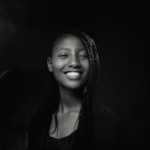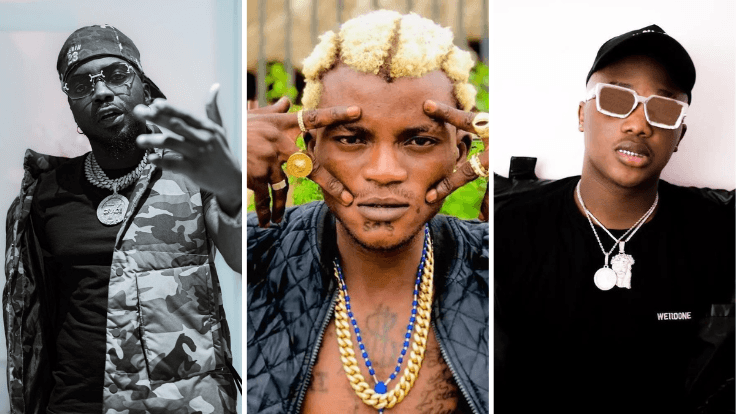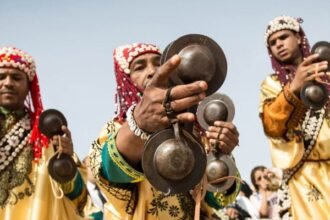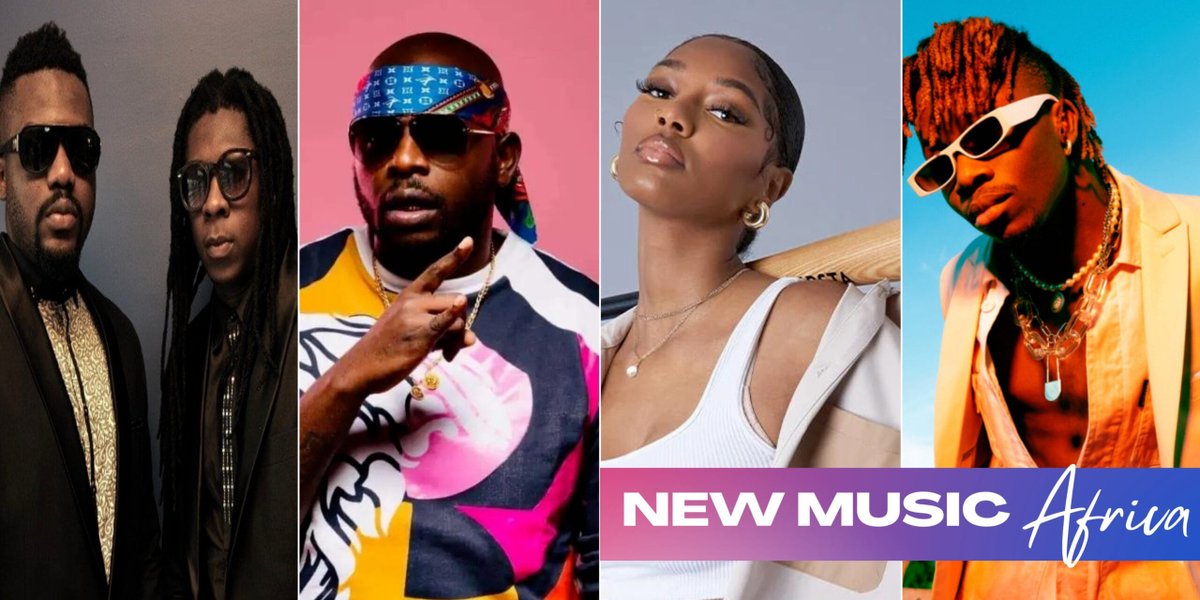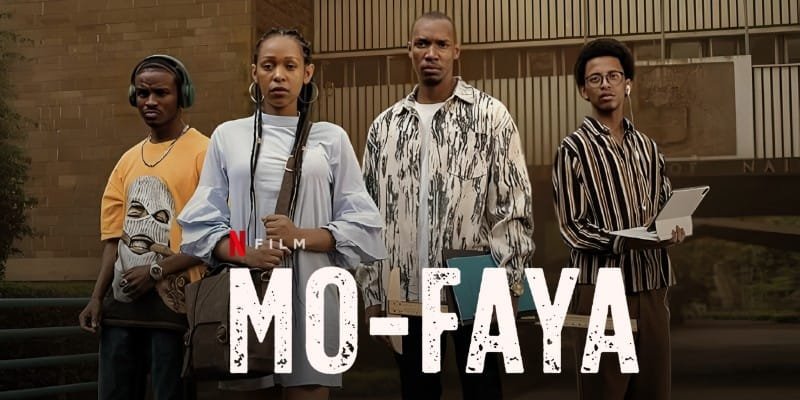Afro-pop slangs have become a familiar aspect of contemporary language, highlighting the influence of the entertainment industry in shaping everyday expressions. While the world has always been exposed to various forms of expression from diverse sources, both formal and informal, we may not always be aware of the common usage of words that have evolved into slang, particularly those that originate from the entertainment industry.
Neologisms are newly coined words while slang words are words and phrases coined and used in a particular context. The Afro-pop genre of music has lent itself as a premium, ever-inventing source of slang and neologisms. It has brought a collective understanding to the listeners and the immediate society the song was produced.
This unified understanding of the song and slang it generated is noted as a form of identity unification in African societies, especially among the youth and teenagers who are major listeners of this genre, “Afro-pop. In documenting this communal musical identity, here are some popular Afro-pop slangs from African songs.
Here are 10 Afro-Pop slangs you should know:
1. Dey play, just dey play from Davidsyn’s ‘Just Dey Play’
‘Dey play, just dey play‘ is an ironic reply to people’s unrealistic lifestyle. It implies ‘you are fooling yourself and not anyone.’ It is also given as a reply to unseriousness concerning a matter or expectation.
2. So pé Otilo from Hotkid and Poco Lee’s ‘Otilo Izz Gone’
‘So pé Otilo‘ is a Yorùbá phrase that means ‘it is gone.’ In context, it means the subject of discussion has escaped or vanished. It is mostly used to depict that a matter or situation no longer exists and the case is closed. By disappearing, it may mean that something has been stolen. This is one of the famous Afro-Pop slangs you should know.
3. Shey You dey Whine Ni from Austin Da Bull’s ‘You dey Whine Me’
It’s a pidgin phrase that implies ‘cruise‘, that is, ‘are you a joker’ or ‘are you trying to make fun of me.’ The person who makes this comment is aware that it seems he/she is being toyed with, and he/she won’t allow such playfulness.
4. Ogbon from Asake’s ‘Organize’
‘Ogbón‘ is a Yorùbá word that translates as ‘wisdom’. Asake emphasized how being wise is good and being ‘over-wise’ can lead to foolishness. Hence, when Nigerians say ‘Ogbon’, they sarcastically refer to someone or something on an occasion that tries to prove to be wise but ends up being a foolish act or person. This simply calls for humility instead of glorying in self-wisdom.
5. Chop breakfast from Burna Boys ‘Last Last’
This phrase has replaced the word ‘breakup‘ in the romantic relationship niche. ‘Chop breakfast’ means someone is jilted. Outside love issues, it may also imply disappointment.
6. God abeg from Portable’s ‘Make Money Before You Love’
God abeg is a pidgin phrase that translates as ‘please God’. The Nigerian use of the phrase connotes exhaustion and serves as a short prayer for God’s help. It is a prayer prayed to shed insult or denigration away from the individual uttering the phrase.
7. Trenches from Skiibii’s ‘Trenches’
A trench according to the English dictionary means a long, narrow hole that is dug in the ground. In Nigerian parlance, it means a ghetto area. Many people use the ‘trenches’ when alluding to coming from a humble background and desiring a better life.
8. E choke from Sefa and Mr Drew’s ‘E Choke’
E choke is a pidgin phrase that means ‘it is killing’. It is mostly used to describe a state of exhaustion or the end of wit. Coined by Davido, ‘E Choke’ was a popular slang in the African music space in 2021. In 2021, following Davido’s link up with Drake, it became a global slang as the Canadian rapper couldn’t help but tap into the trend.
9. Who dey breet? from Divadiii’s ‘Who Dey Breet’
‘Who dey breet?’ is the pidgin phrase for the Yoruba version ‘O por’ by Lil Kesh and Naira Marley. ‘Who dey breet?’ is a way of hailing oneself or another person in regards to physical appearance (looking dapper) or being a money bag. This is another slang coined and popularized by Davido alongside ‘E Choke’ in 2021.
10. Mafo from Naira Marley and Young Jonn’s ‘Mafo’
‘Mafo’ implies don’t dull or don’t get carried away. It also means don’t be surprised at what you see or what is happening. Here is another famous Afro-Pop slangs you should know.







